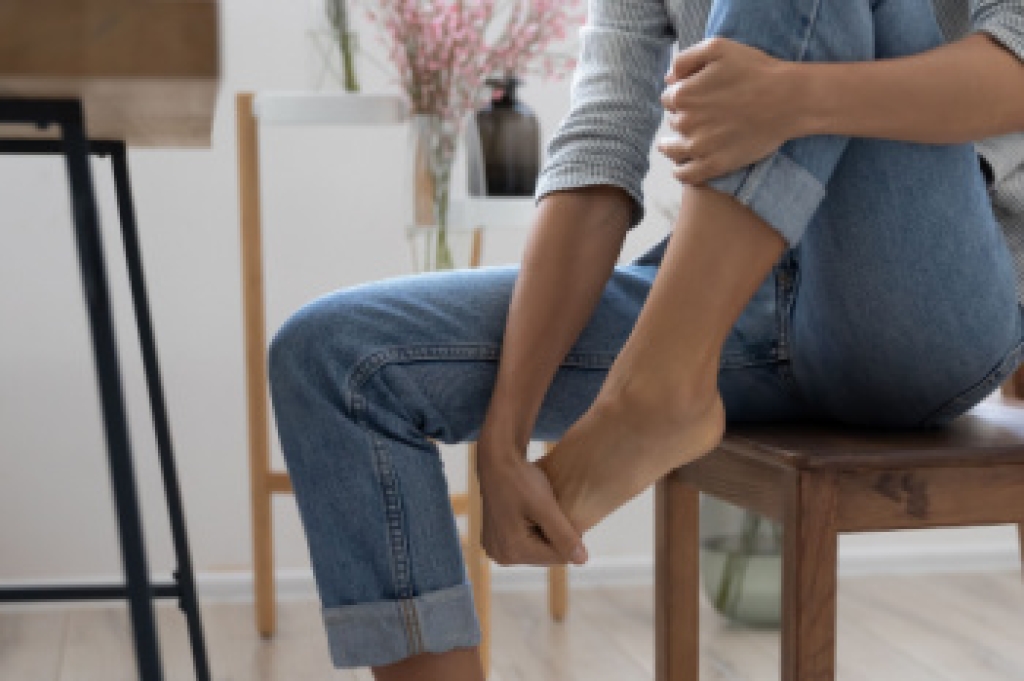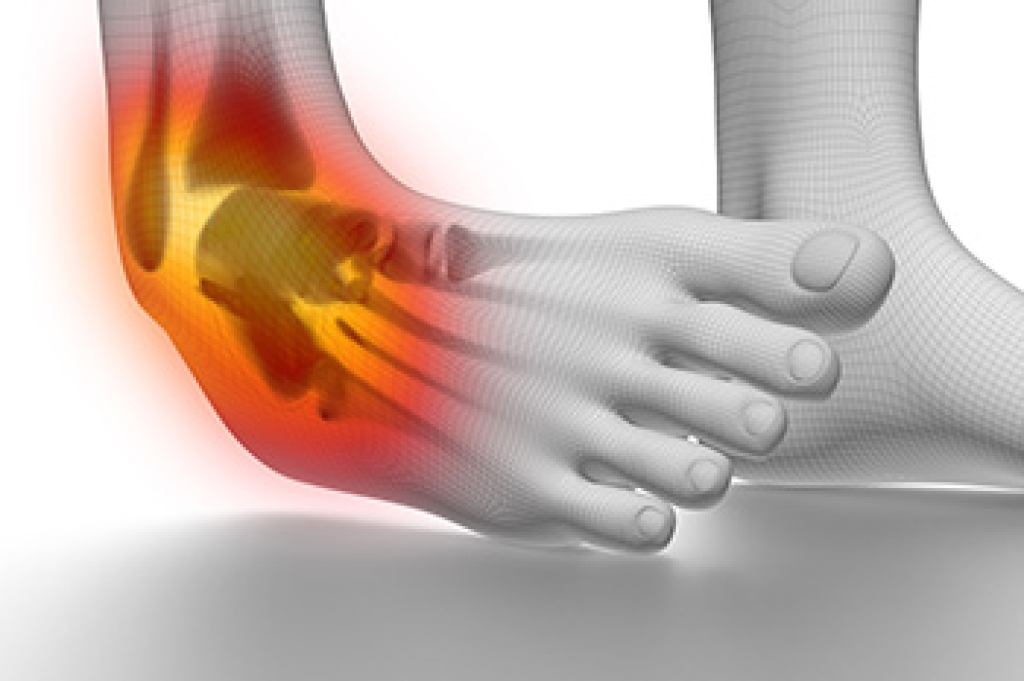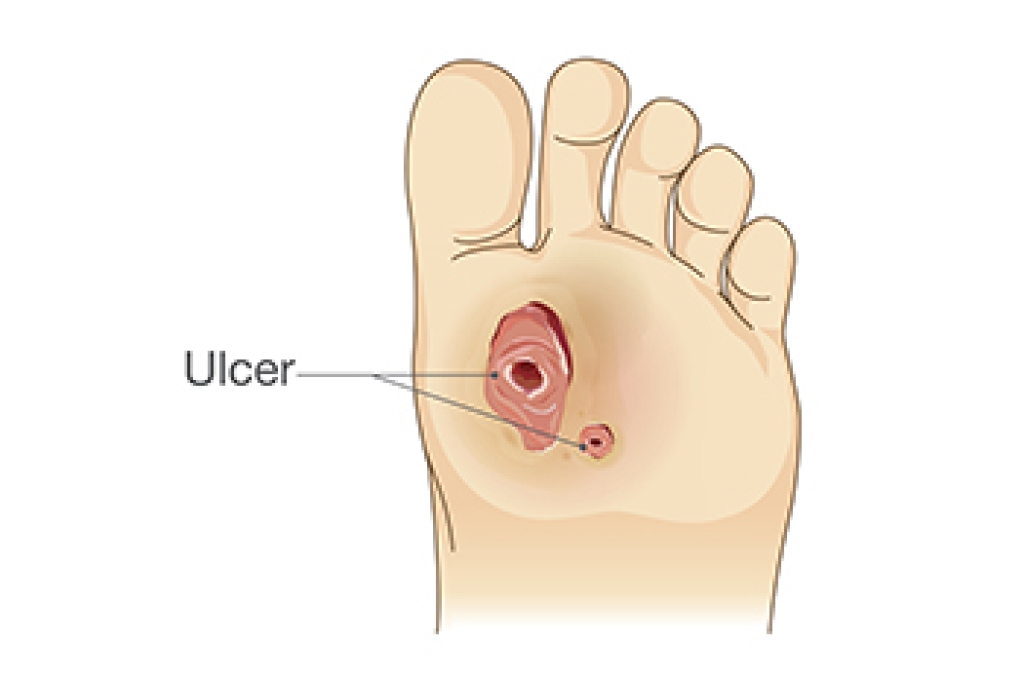
A cheilectomy, pronounced ky-lec-toe-me, is a type of surgery used to remove bone spurs that form around the big toe joint and limit motion. These extra bony bumps develop along the top or sides of the first metatarsal, which is the long bone leading to the big toe, and they can cause pain when the toe bends or when shoes press on the area. This bone spur surgery involves smoothing the bone to create more space in the joint and improve movement. After the spur is removed, many patients notice reduced stiffness, although underlying arthritis can still cause discomfort. A podiatrist can explain whether a cheilectomy is an appropriate treatment, based on how the bone spur affects walking, joint motion, and shoe comfort, especially in enclosed shoes or flip-flops. If you have symptoms of bone spurs in the big toe joint, it is suggested that you make an appointment with a podiatrist for an exam and possible surgical treatment.
Foot surgery is sometimes necessary to treat a foot ailment. To learn more, contact one of our podiatrists of Family Foot Health Center. Our doctors will assist you with all of your foot and ankle needs.
When Is Surgery Necessary?
Foot and ankle surgery is generally reserved for cases in which less invasive, conservative procedures have failed to alleviate the problem. Some of the cases in which surgery may be necessary include:
- Removing foot deformities like bunions and bone spurs
- Severe arthritis that has caused bone issues
- Cosmetic reconstruction
What Types of Surgery Are There?
The type of surgery you receive will depend on the nature of the problem you have. Some of the possible surgeries include:
- Bunionectomy for painful bunions
- Surgical fusion for realignment of bones
- Neuropathy decompression surgery to treat nerve damage
Benefits of Surgery
Although surgery is usually a last resort, it can provide more complete pain relief compared to non-surgical methods and may allow you to finally resume full activity.
Surgical techniques have also become increasingly sophisticated. Techniques like endoscopic surgery allow for smaller incisions and faster recovery times.
If you have any questions, please feel free to contact our office located in Rogers and Berryville, AR . We offer the newest diagnostic and treatment technologies for all your foot care needs.




